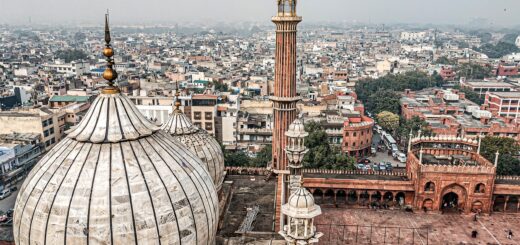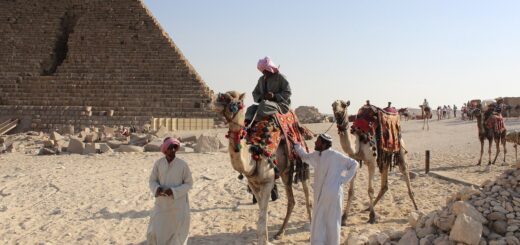Religious Festivals of the World
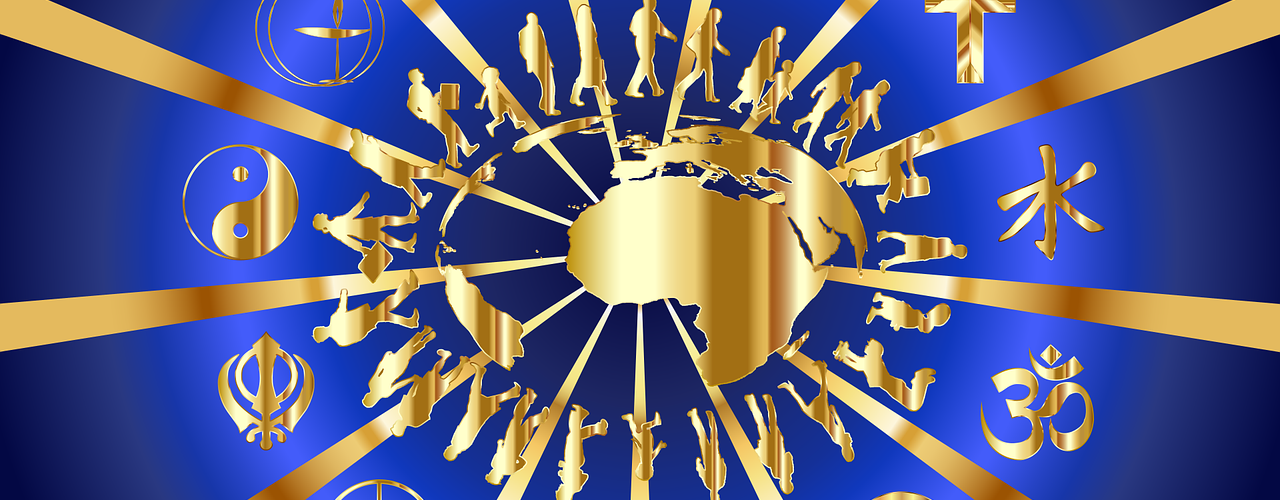
In the tapestry of human existence, the rich diversity of cultures and beliefs is woven together through the threads of religious festivals. These celebrations serve as vibrant expressions of faith, tradition, and community, resonating across generations and geographical boundaries. From the jubilant festivities of Diwali illuminating the night skies to the solemn reflections during Ramadan’s Eid al-Fitr, each religious festival carries its unique significance, fostering a sense of belonging and connection among its adherents. This journey around the globe will explore the tapestry of religious festivals, unveiling the profound spiritual narratives and cultural traditions that shape the collective identity of diverse communities worldwide.
Religious festivals are significant celebrations that hold cultural, spiritual, and social importance for various communities around the world. Here are some major religious festivals from different religions.
Christianity
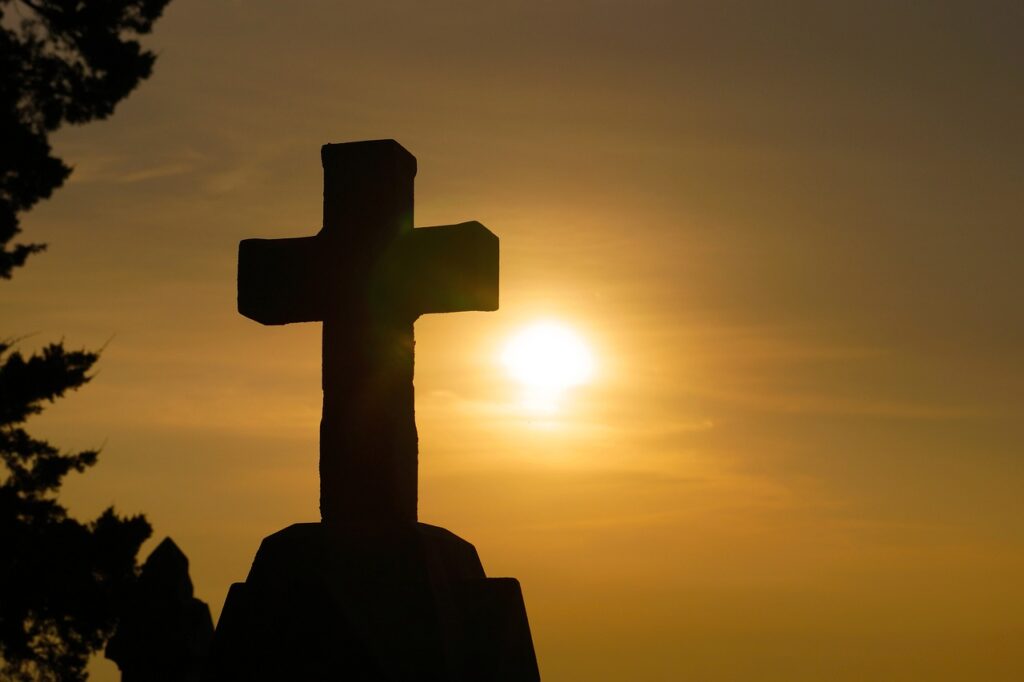
- Christmas: Celebrates the birth of Jesus Christ on December 25.
- Easter: Commemorates the resurrection of Jesus Christ, usually observed in March or April.
Islam

- Eid al-Fitr: Marks the end of Ramadan, the holy month of fasting.
- Eid al-Adha: Also known as the Feast of Sacrifice, it honors the willingness of Ibrahim (Abraham) to sacrifice his son as an act of obedience to God.
Hinduism

- Diwali: Also known as Deepavali, it’s the festival of lights and symbolizes the victory of light over darkness and good over evil.
- Holi: Known as the festival of colors, it marks the arrival of spring and the end of winter.
Buddhism
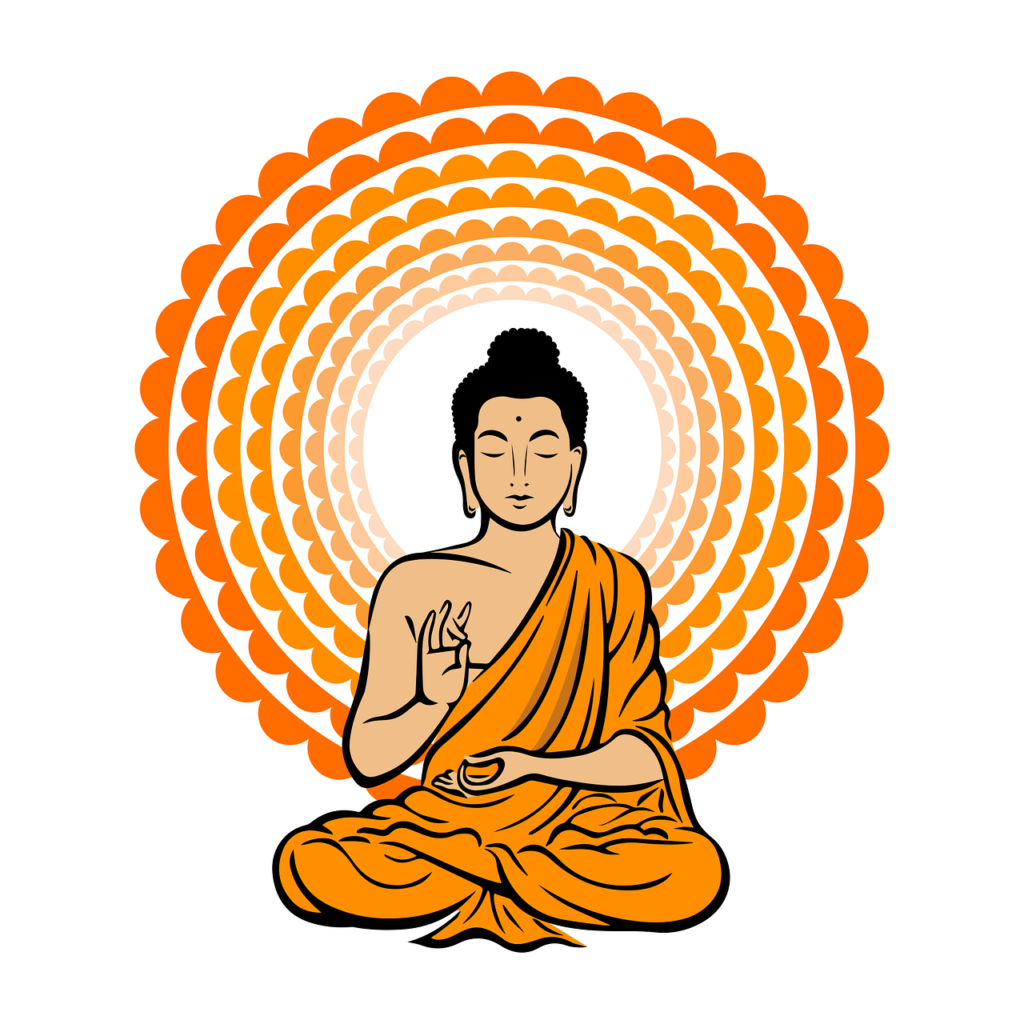
- Vesak (Buddha Purnima): Commemorates the birth, enlightenment, and death of Gautama Buddha.
- Asalha Puja: Celebrates the Buddha’s first sermon and the foundation of the Buddhist monastic order.
Judaism
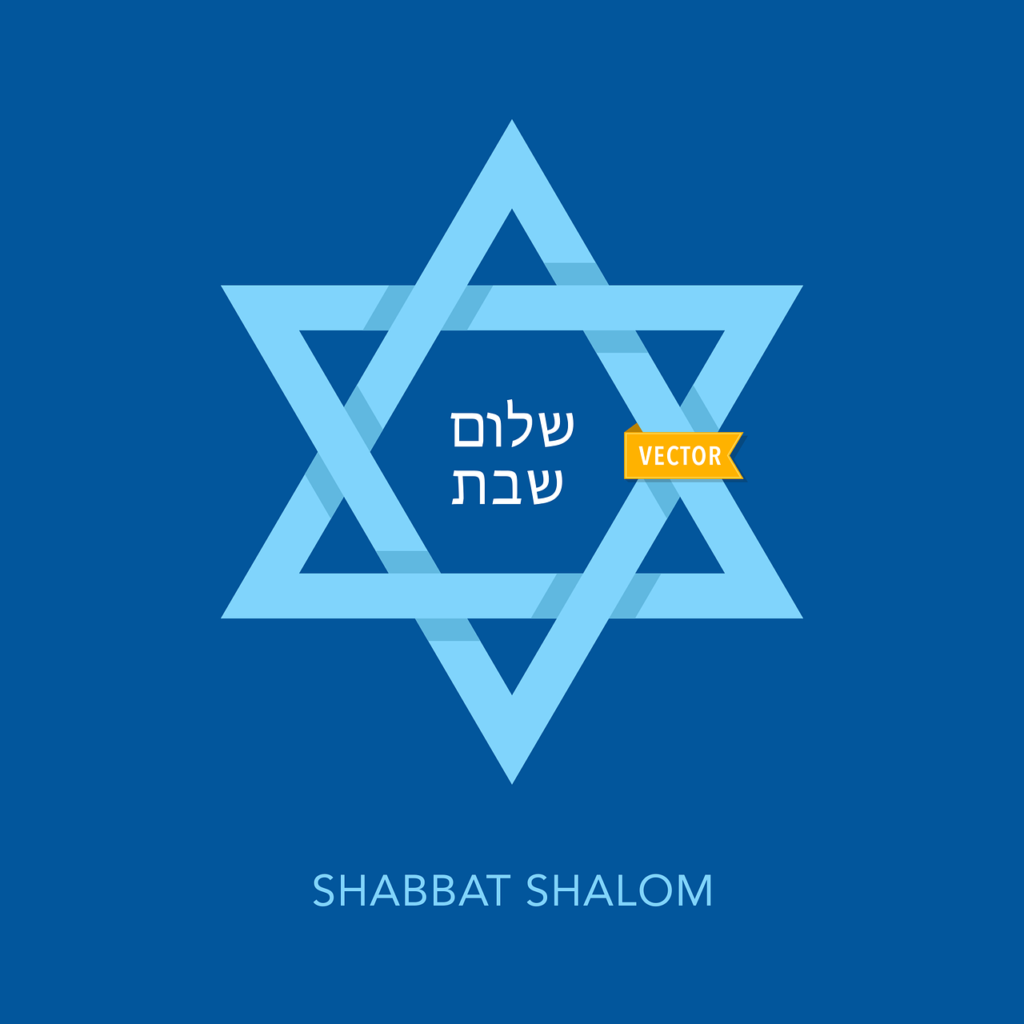
- Passover (Pesach): Commemorates the liberation of the Israelites from slavery in Egypt.
- Hanukkah: Also known as the Festival of Lights, it commemorates the miracle of the oil in the temple.
Sikhism

- Vaisakhi: Celebrates the formation of the Khalsa, the Sikh community, and the harvest festival.
- Guru Nanak Gurpurab: Marks the birth of Guru Nanak, the founder of Sikhism.
Jainism

- Mahavir Jayanti: Commemorates the birth of Lord Mahavira, the 24th and last Tirthankara in Jainism.
- Paryushana: A period of fasting, self-reflection, and spiritual development.
Zoroastrianism
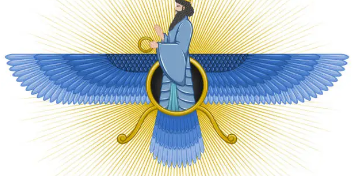
- Nowruz: The Persian New Year, marking the first day of spring and the beginning of the year in the Iranian calendar.
Shinto

- Hatsumode: The first Shinto shrine visit of the New Year, often observed on January 1st.
- Shichi-Go-San: A Shinto festival celebrating the growth of children at the ages of three, five, and seven.
These festivals are not only religious but also cultural, bringing people together to celebrate and share their traditions. Keep in mind that the dates of these festivals may vary based on different calendars and regional practices.

